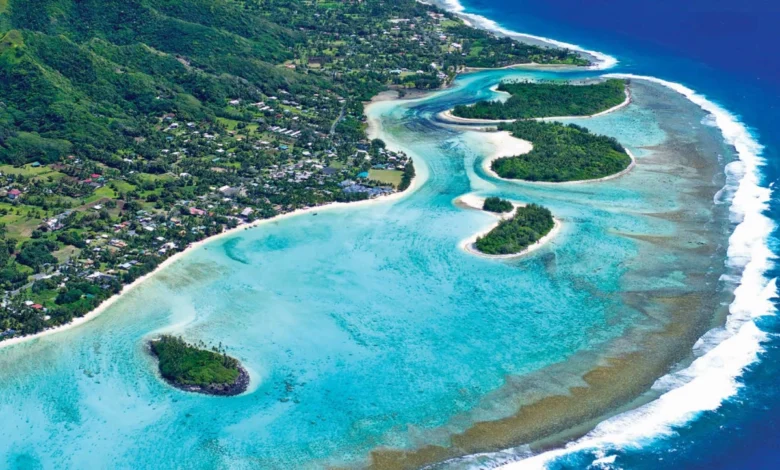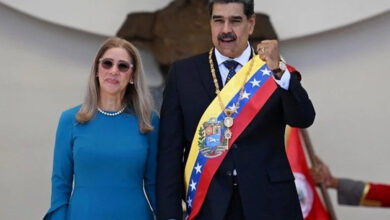
Significant development affecting bilateral relations, New Zealand has outright rejected a proposal by the Cook Islands to issue its own passports. The Cook Islands, a self-governing nation in free association with New Zealand, had been pushing for this change, seeking to assert a unique national identity while maintaining ties with New Zealand.
The proposal came from Cook Islands Prime Minister Mark Brown, who envisioned a passport that would “recognize our own people,” according to reports from local broadcasters. However, New Zealand’s Foreign Minister, Winston Peters, closed the conversation by stating that a separate passport and citizenship are privileges reserved for fully independent and sovereign countries.
“New Zealand passport holders only need to wait five years to apply for permanent residency under the current rules while all nationals with other citizenship need to wait a minimum of 10 years,” said a spokesperson from Peters’ office, highlighting the benefits of the existing arrangement. The statement continued, “A separate passport would require giving up New Zealand citizenship,” suggesting that the Cook Islands would need to pursue full independence to establish its own passport system.
This decision has sparked a mixed response within the Cook Islands. Some residents expressed concerns over potential impacts on their rights, like access to healthcare in New Zealand, fearing that a separate identity could disrupt the special relationship they share with New Zealand. Others, like Thomas Wynne, a Cook Islander working in Wellington, questioned whether the people of the Cook Islands were adequately consulted on this critical decision.
Prime Minister Brown had previously assured that introducing a Cook Islands passport wouldn’t affect the constitutional ties with New Zealand. However, New Zealand officials have made it clear that such a move would have significant implications for their special relationship, potentially affecting citizenship rights, international representation, and even the Cook Islands’ status within international bodies like the United Nations.
The Cook Islands, though self-governing, share a unique bond with New Zealand, where Cook Islanders hold New Zealand citizenship, allowing them to live and work in New Zealand. The current setup has been in place since the Cook Islands became self-governing in 1965. The proposal for an independent passport was seen by some as a step towards greater national autonomy, yet it has now been met with a firm rebuttal from New Zealand.
This rejection does open a dialogue about the future of Cook Islands’ relationship with New Zealand. Foreign Minister Peters suggested that discussions about full independence could proceed if that is the path the Cook Islands wishes to take, potentially leading to a referendum among its citizens.
As this story develops, it raises questions about identity, sovereignty, and the nature of international partnerships in the modern era. For now, Cook Islanders will continue under the New Zealand passport system, but the conversation about independence and self-identity is far from over.




